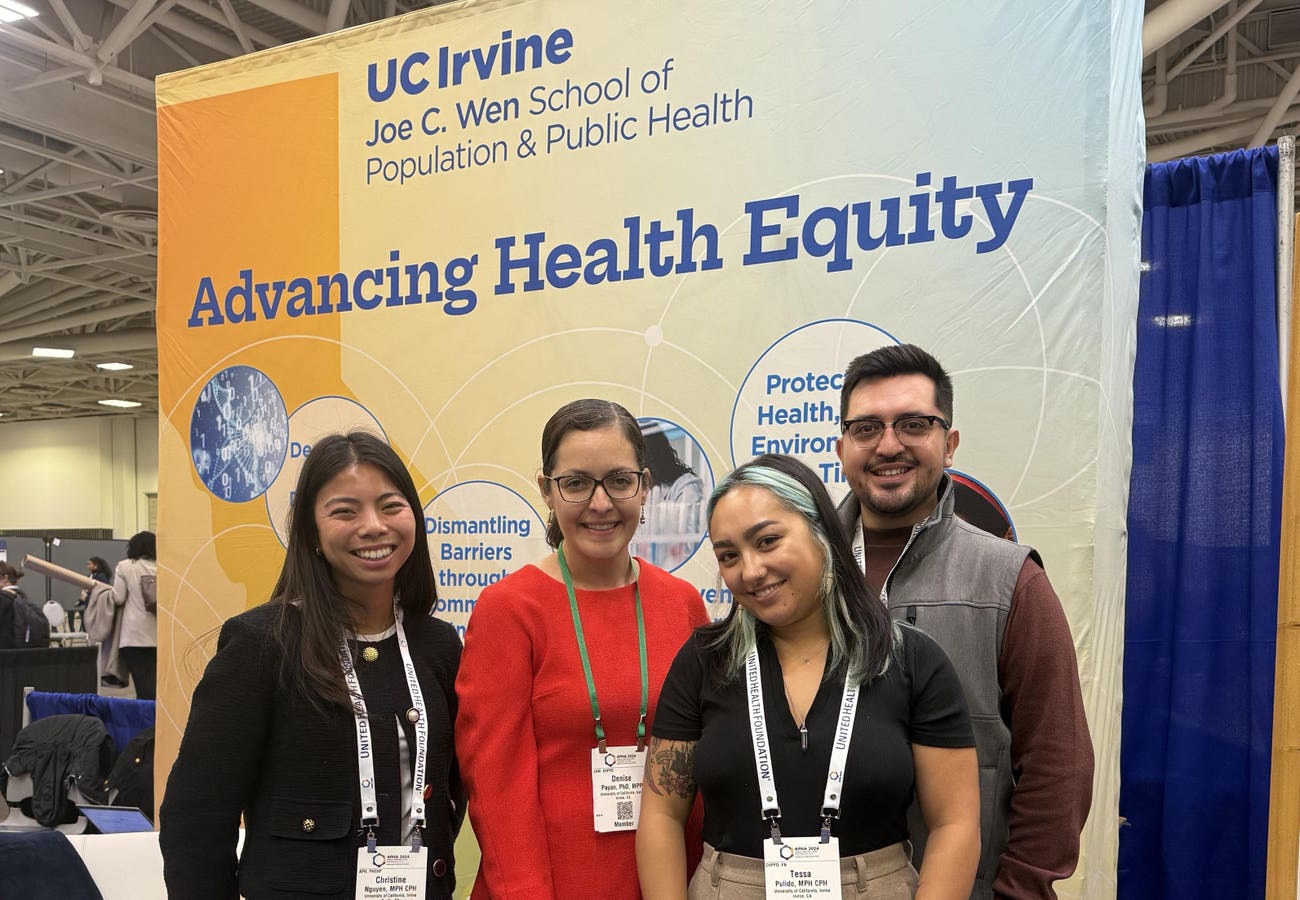Women’s health is facing renewed challenges in the wake of the election, with critical funding and protections at risk. As the cornerstone of a thriving society, women deserve our unwavering support, and investing in their health is essential—not just for today’s communities, but for future generations. A resilient, healthier society starts with safeguarding the health and well-being of all women, especially during a time of regression and opposition.
As a caretaker myself in my roles as a mother, a grandmother, and an aunt as well as in my professional capacity as a social epidemiologist, women’s health researcher, and public health leader, I believe that if we are serious about improving outcomes for society, we must start prioritizing women’s health. My career has focused on understanding health disparities, particularly in cardiovascular disease and stroke. I have seen firsthand how a woman’s health shapes the future well-being of all the people in their life: children, parents, partners, and friends. Despite advances in public health, we still fail to give women’s health the attention it deserves, especially during the critical stages of adolescence, reproductive years, midlife, and in later years of life.
I outline below some of the critical blind spots in women’s health research and offer recommendations for where we need to invest to ensure better outcomes for women who comprise more than half of our country’s population.
Blind Spots in Women’s Health: What We Don’t Know Can Hurt Us
Historically, women’s health has been under-examined, especially in terms of their unique biological factors and how this impacts long-term health. While decades of research have highlighted a strong association between a mother’s health during pregnancy, there is little focus on the mother’s health after pregnancy. Maternal malnutrition, high blood pressure, gestational diabetes, and chronic socioeconomic stress during pregnancy are risk factors for long-term health problems like stroke and heart disease later in life.
A study, conducted across five countries, found that when maternal health is prioritized, it not only reduces maternal mortality but also leads to a 30% improvement in their children’s long-term health. The report also emphasized that the critical period of a woman’s reproductive years holds valuable clues about her future well-being. The well-being of a mother is foundational, not just during pregnancy, but across her entire reproductive lifespan. So why aren’t we applying the same urgency to improving women’s health outcomes as we do for children’s health? Both stages are critical.
While pregnancy and postpartum are seminal moments that shape a woman’s immediate and long-term health, the reality is that blind spots in women’s health extend throughout the entire life course. From adolescence to menopause and in older age, women face unique health challenges that are often misunderstood, misdiagnosed, and ignored. For decades most of the science around women’s health come from studies conducted in men. Here are some facts: nearly two-thirds of Americans with Alzheimer’s disease are women, heart disease is the leading cause of death for women in the U.S., women account for nearly 80% of all autoimmune disease cases, the lifetime risk of stroke is higher in women compared to men and when women have a stroke they are more often sicker, are sent to nursing facilities, and end up alone.
Despite this knowledge, we don’t know why women are more susceptible to all these diseases. Are hormonal differences, genetic predispositions, or underrepresentation in early clinical trials to blame? Reasons remain unclear and research focused on sex-specific differences is only now gaining momentum. These gaps in knowledge could be harming women today and setting them up for greater risks in the future. Without addressing these blind spots, we’re not only failing to protect women and mothers but also undermining the potential for healthier lives for everyone.
We must support research that is not just in context of reproduction but across the lifespan, support policies that ensure paid family leave, equal access to health care, and comprehensive reproductive health care. We must support worksite wellness that includes supporting women during their child rearing years and in menopause, and we must create environments for women to successfully age in place.
Women’s health is not just a women’s issue—it’s a public health issue that demands our attention. The path forward is clear: we must invest in the health of all women, in all their stages, if we want healthier children, stronger communities, and a brighter future. It’s time we start paying attention and investing in women-centered health research advocacy and policy.
Read the full article here





